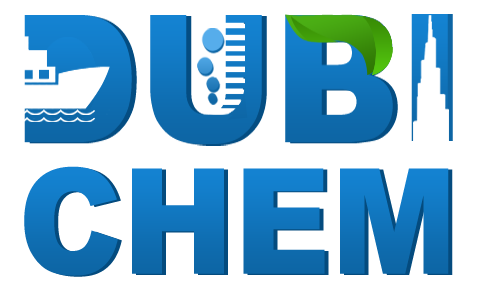Propylene glycol is the third “product” in a chemical process beginning with propene, a byproduct of fossil fuel (oil refining and natural gas processing) and also found in nature as a byproduct of fermentation. Propene is converted to propylene oxide, a volatile compound used frequently in the creation process of polyurethane plastics. Propylene oxide is considered a “probable carcinogen.”
Finally, through a hydrolyzation process (separating molecules by the addition of water), you get propylene glycol.A colorless, creamy liquid, it’s classified by the chemical formula C3H8O2. Another name for it is “propane-1,2-diol,” which is sometimes used when listing it as a compound on ingredient labels. As it’s found in food as an additive (in the U.S., at least), the U.S. Department of Agriculture refers to it via the E-number E1520.
It’s completely soluble in water, and one major purpose it serves is as a “vehicle” for topical products, such as lotions.
It’s certainly less dangerous than, for example, ethylene glycol, a toxic chemical compound still used in many types of antifreeze and other household products. Ethylene glycol is considered poisonous and sometimes ingested (purposefully or by accident), requiring immediate medical attention.
Because of its sweet taste, ethylene glycol in antifreeze has been responsible for the deaths of many household pets who would lap it up when it collected on the ground. When propylene glycol is used in antifreeze products in place of ethylene glycol, it’s considered “non-toxic antifreeze.”
It is a viscous colorless liquid which is nearly odorless but possesses a faintly sweet taste. Chemically it is classed as a diol and is miscible with a broad range of solvents, including water, acetone, and chloroform. It is produced on a large scale and is primarily used in the production of polymers, but also sees use in food processing, and as a process fluid in low temperature heat exchange applications.
In the European Union, it has the E-number E1520 for food applications. Propylene glycol is also used as moisturizer in cosmetic products and as a dispersant in fragrances. There are many other food and industrial uses for propylene glycol
Dubichem chemicals international is a leading supplier, manufacturer and exporter of Propylene glycol in Dubai, Ajman, Abu- Dhabi, Sharjah, Fujairah, Turkey, Saudi Arabia, Qatar, Kuwait, United Arab Emirates, Oman, Singapore, Malaysia, Indonesia, Lebanon, Greece, India, Sudan, Ghana, Madagascar, Kenya, Nigeria, Zimbabwe, Uganda, Ethiopia, Namibia, Mauritius, South Africa, Egypt ,Europe & Globally for any queries mail us at dubichem@gmail.com and for more related products visit www.dubichem.com
